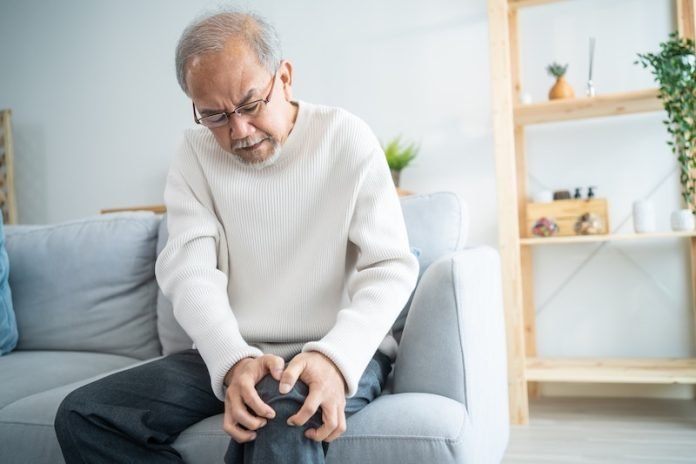
An Effective, Non-surgical Treatment for Knee Pain
In a groundbreaking study from MedStar Georgetown University Hospital, a new non-surgical treatment has been found to significantly reduce knee pain, particularly among individuals aged 50 and older.
The study involved 36 patients, and researchers evaluated the influence of age, gender, body mass index, history of prior surgery, and history of fibromyalgia on pain reduction levels.
The Treatment: Genicular Nerve Radiofrequency Ablation
The procedure, known as genicular nerve radiofrequency ablation, is a minimally invasive treatment for knee pain due to osteoarthritis.
Interventional radiologists perform this treatment using image guidance to place probe needles next to the nerves of the knee that send pain signals to the brain.
These probes generate radio waves, creating a ball of heat that dulls or destroys the pain nerve endings. This method does not impact muscle control or balance, making it safe for patients.
Patients typically leave with only Band-Aids, not stitches. Pain relief from genicular nerve radiofrequency ablation has been shown in other studies to last approximately six months to up to two years.
Strong Reduction in Pain and Increased Functionality
All study participants experienced a substantial reduction in pain following treatment, with the greatest increase in functionality and decrease in pain recorded for patients aged 50 and older.
This treatment may offer many individuals the chance to enjoy everyday activities and regain a higher quality of life by decreasing daily pain.
Further Studies and Additional Applications
The research team is currently conducting long-term studies into this treatment to understand what other factors could predict the treatment’s effectiveness.
Genicular nerve radiofrequency ablation can also be performed on the shoulder, hips, and sacroiliac joints, where the spine connects to the pelvis.
The findings from this study were presented at the Society of Interventional Radiology Annual Scientific Meeting by Kaitlin Carrato and her team.
How to treat knee pain
Knee pain can be managed through a combination of self-care measures and medical treatment, depending on the underlying cause. Here are some general suggestions on how to treat knee pain:
Rest and Avoid Strain: If your knee pain is due to an injury or overuse, rest can help to reduce inflammation and speed up recovery. Avoid activities that put a lot of pressure on the knee.
Cold Compress: Applying ice to the knee can help to numb pain and reduce swelling. Wrap a bag of ice or a pack of frozen vegetables in a cloth and apply it to the knee for 15-20 minutes at a time, several times a day.
Compression and Elevation: Wearing a compression bandage can help to support the knee and reduce swelling. Try to elevate the knee when you’re resting, ideally above the level of your heart.
Pain Relievers: Over-the-counter pain relievers such as ibuprofen (Advil, Motrin) or acetaminophen (Tylenol) can help to reduce pain and inflammation.
Physical Therapy and Exercises: Specific exercises can strengthen the muscles around your knee, making it more stable. A physical therapist can show you which exercises are right for you.
Weight Management: If you’re overweight, losing weight can reduce stress on your knee joints and help to alleviate pain.
Wear Supportive Shoes: Wearing shoes that provide good support can help to reduce stress on your knees.
If your knee pain is severe, persistent, or accompanied by significant swelling, redness, or fever, you should seek medical attention. Depending on the underlying cause of your knee pain, your doctor may recommend treatments such as:
Physical Therapy: A physical therapist can provide a personalized exercise program to improve strength, flexibility, and stability in the knee joint.
Medication: In some cases, prescription medications or corticosteroid injections may be necessary to reduce inflammation and pain.
Surgery: If other treatments are ineffective, surgical procedures such as arthroscopy, partial knee replacement, or total knee replacement may be considered.
Alternative Therapies: Some people find relief from knee pain through alternative therapies such as acupuncture, massage, or supplements like glucosamine and chondroitin.
Always consult with your healthcare provider before starting any new treatment or therapy for knee pain. They can provide recommendations based on your specific condition and overall health.
If you care about pain, please read studies that 1 in 3 people with chronic pain turn to marijuana, and these vitamins could help reduce bone fracture risk.
For more information about wellness, please see recent studies that Krill oil could improve muscle health, and a study shows powerlifting is an effective exercise for chronic low back pain.
Copyright © 2023 Knowridge Science Report. All rights reserved.



